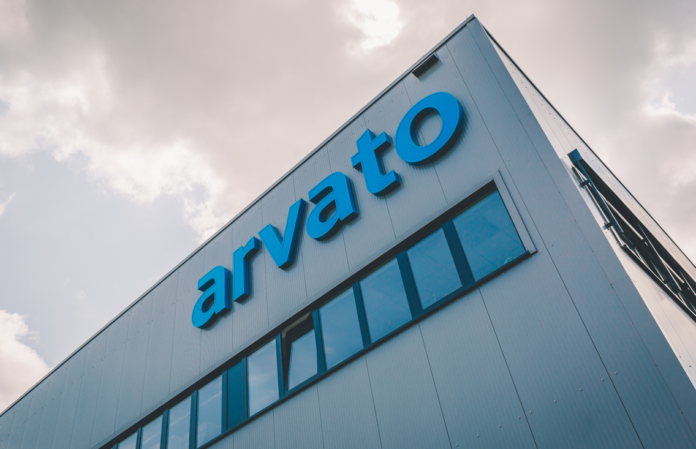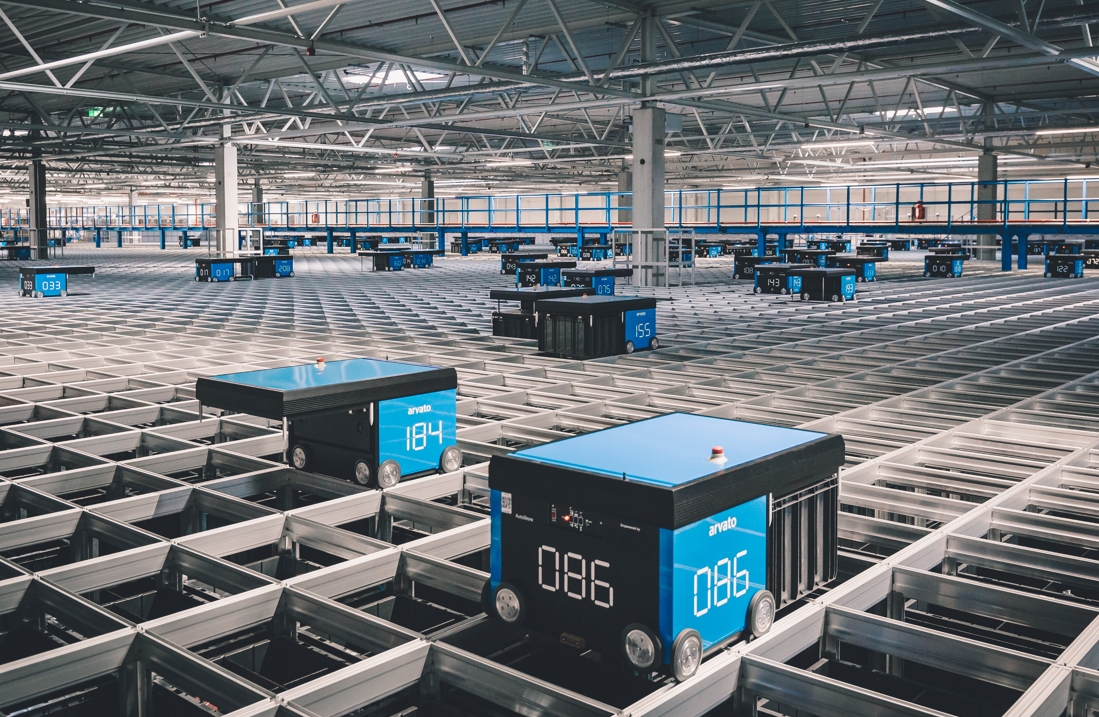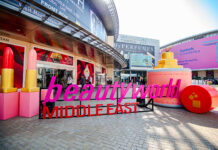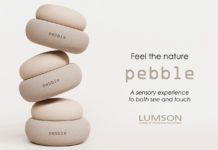
Trends, pain points, challenges and transformations of the supply chain within the personal luxury market. Arvato, in a joint study with Roland Berger, shows in great detail the direction in which the luxury market is moving and how it is shaped by customer centricity and excellence in customer experience.
The personal luxury market is made up of: fashion luxury, hard luxury and luxury beauty. After the pandemic-related slump in 2020, the luxury goods industry is recovering very strongly. It reached a value of around $310 billion in 2022 and is expected to continue to grow further to around $480 billion in 2030.
Due to growing consumer needs and recent global uncertainties, supply chain and logistics management has become a critical strategic function for luxury companies. Currently, the luxury industry is affected by four main trends (changes in the customer base, product complexity, sales channels and market uncertainties), which are influencing companies’ operating models pushing them to transform their businesses.

SUPPLY CHAIN, UN NODO CRUCIALE PER IL LUSSO
These complex and multidimensional developments pose serious challenges for luxury brands and retailers. Taken together, these mutually reinforcing trends result in four critical points to manage: integrating consumer channels and data for a superior customer experience, managing inventory across regions and sales channels, addressing rising operating costs, and creating transparency to track the carbon footprint.
“Supply Chain Management has become an increasingly critical factor in the global success of brands. In a highly uncertain business environment, companies must simultaneously provide an excellent and seamless customer experience and develop a strategic network plan for the years to come,” explains Justus Hövelmann, Head of Strategy at Arvato.
Covid-19 has painfully taught the industry the importance of smooth logistics flows, both upstream and downstream. Many businesses have been hit hard by the impact of port closures, shipping delays, inaccurate inventory management, and/or store closures, with costs rising due to overstocking or lost opportunities due to understock. Therefore, the supply chain is no longer considered a back-end element, but has become a central function for luxury companies playing an important role in the consumer experience and profitability as well. Increasingly, supply chain characteristics shape the consumer’s experience along their buying journey and have an impact on their buying experience. To turn supply chain pain points into opportunities, retailers and top players in the luxury market must transform their supply chains to make them leaner, more efficient, more resilient and more sustainable.
HOW TO MAKE THE SUPPLY CHAIN MORE EFFICIENT
To achieve this, they must excel in four specific areas:
Luxury consumer experience
Luxury consumer experience: Luxury companies need to master all consumer touchpoints related to the supply chain. Fundamental aspects that make the difference, especially for online purchases, are: the availability of products in real time within web shops, the traceability of the status of the order and the possibility of modifying shipping options, speed, punctuality and the delivery process of luxury products. For example, Customer Experience Cloud (CXC) is software developed in-house by Arvato that is fully integrated into a brand’s web store. It keeps customers informed at every stage of their buying journey, but more importantly it does so by ensuring a personalized journey and is also able to process returns.

Data driven inventory
Retailers and luxury brands need to streamline their supply chain by leveraging data to better manage their inventory. They also need to invest in smart inventory optimization technology and predictive forecasting tools to anticipate demand and plan supply, as well as predict fraud.
Operative Excellence
Luxury players must necessarily invest more and more in automation and digitalization by creating solutions for warehouses that guarantee high operational efficiency while minimizing human errors, product losses and optimizing stock control. For example, through AutoStore automation logistics solutions that Arvato is able to offer.
Transparency and sustainability:
Luxury companies need to make their sustainability footprint transparent, proactively communicate their goals achieved and those of the future. Retailers and brands should involve stakeholders in their journey, first defining a sustainability baseline and, secondly, finalizing measures to reduce the carbon footprint and so on. Partnering with logistics service providers can help build holistic sustainability concepts for transportation, packaging, and warehouse optimization
FUTURE EVOLUTION OF THE OFFER
Better supply chain management is key to responding to changing customer demands, especially from Gen Z and Millennials, who are increasingly playing a key role in the luxury segment. Therefore, insiders must start transforming their offerings to become: more transparent and flexible across all business processes (end-to-end), allowing information to be constantly available; more resilient by analysing and anticipating macroeconomic challenges; global, enabling fast delivery to points of sale and to end consumers by minimizing the time between product order and delivery; professional in order to build a future-proof supply chain that meets the sustainability expectations of end customers (end-to-end).

















